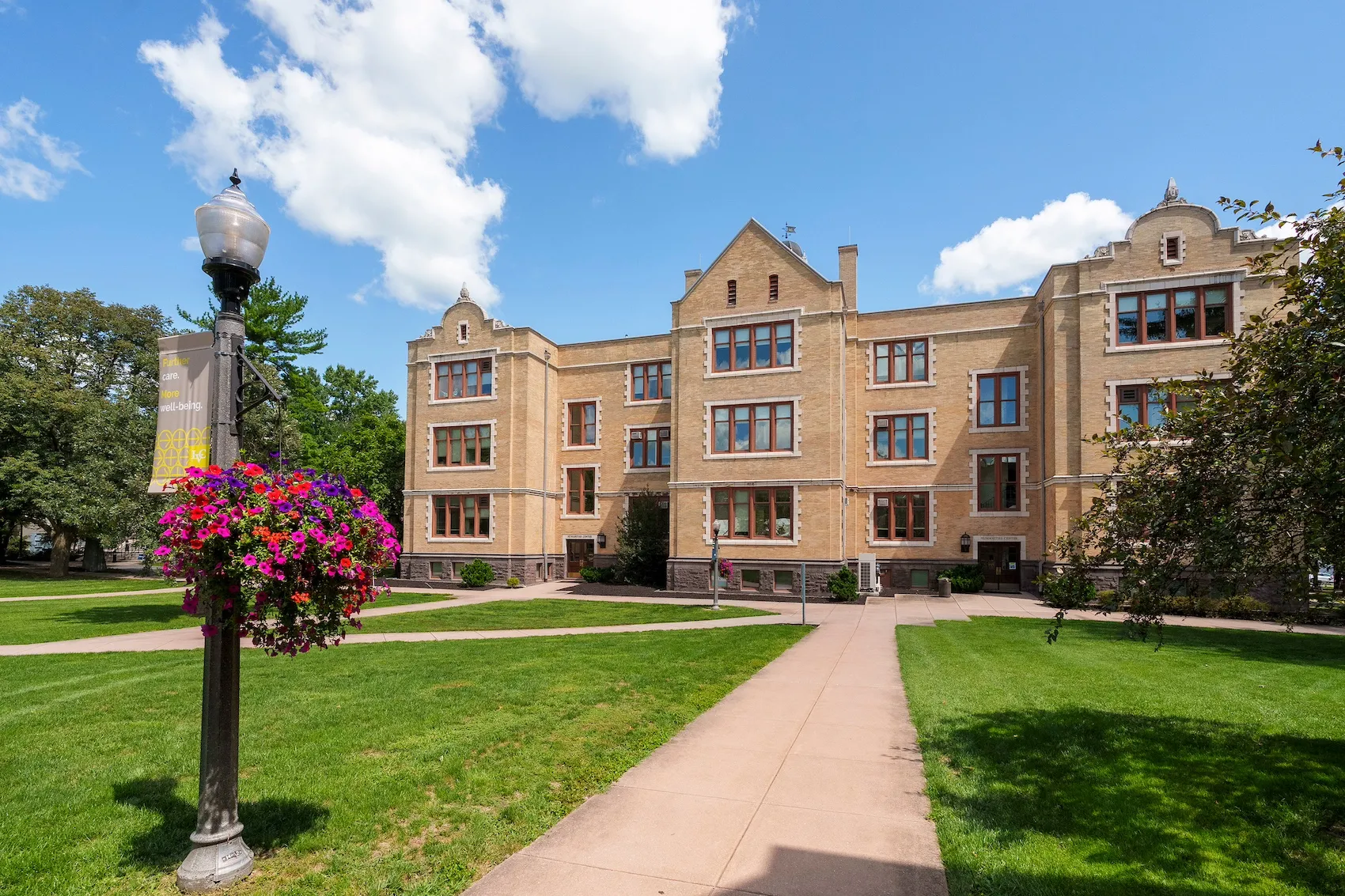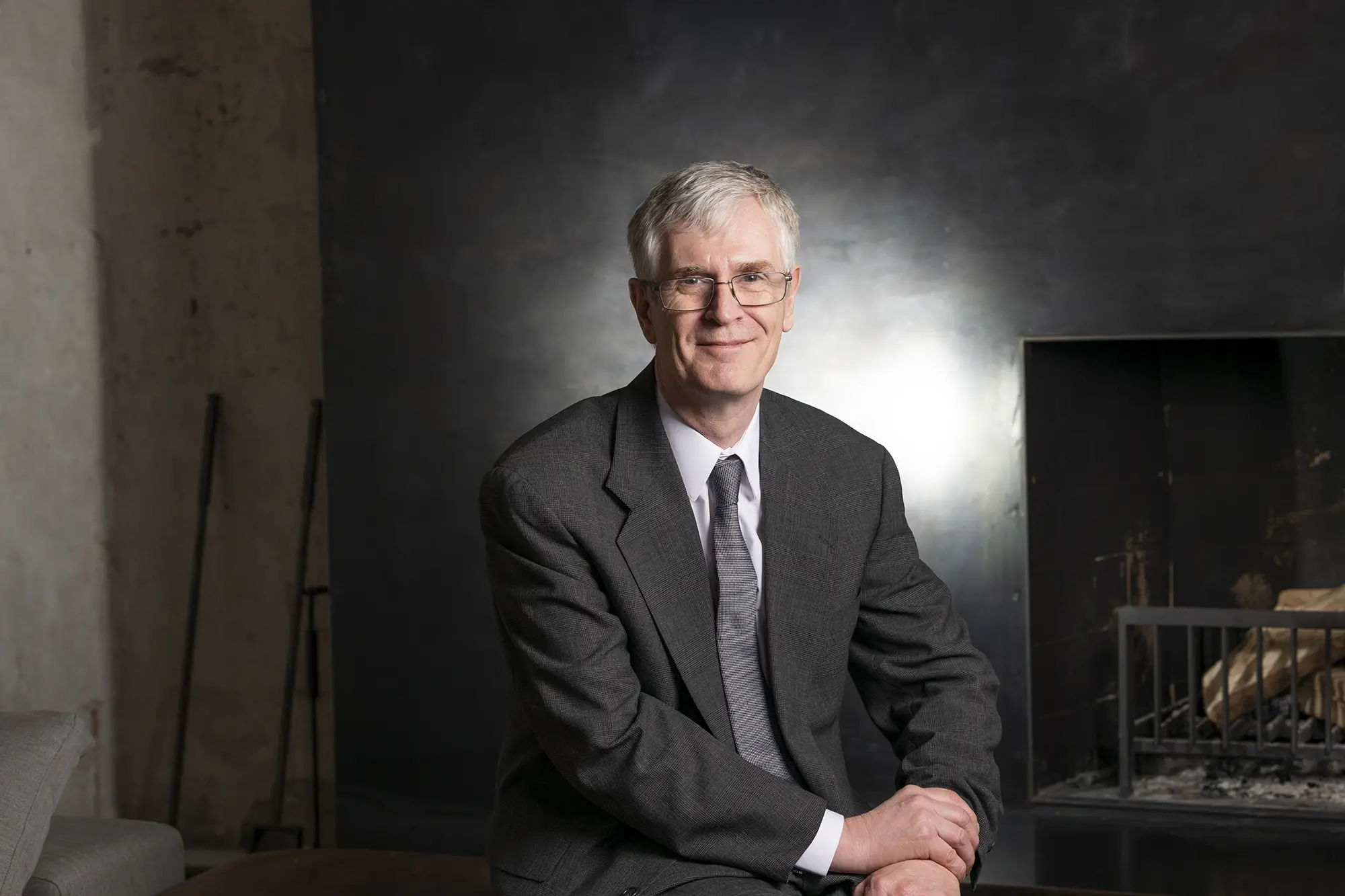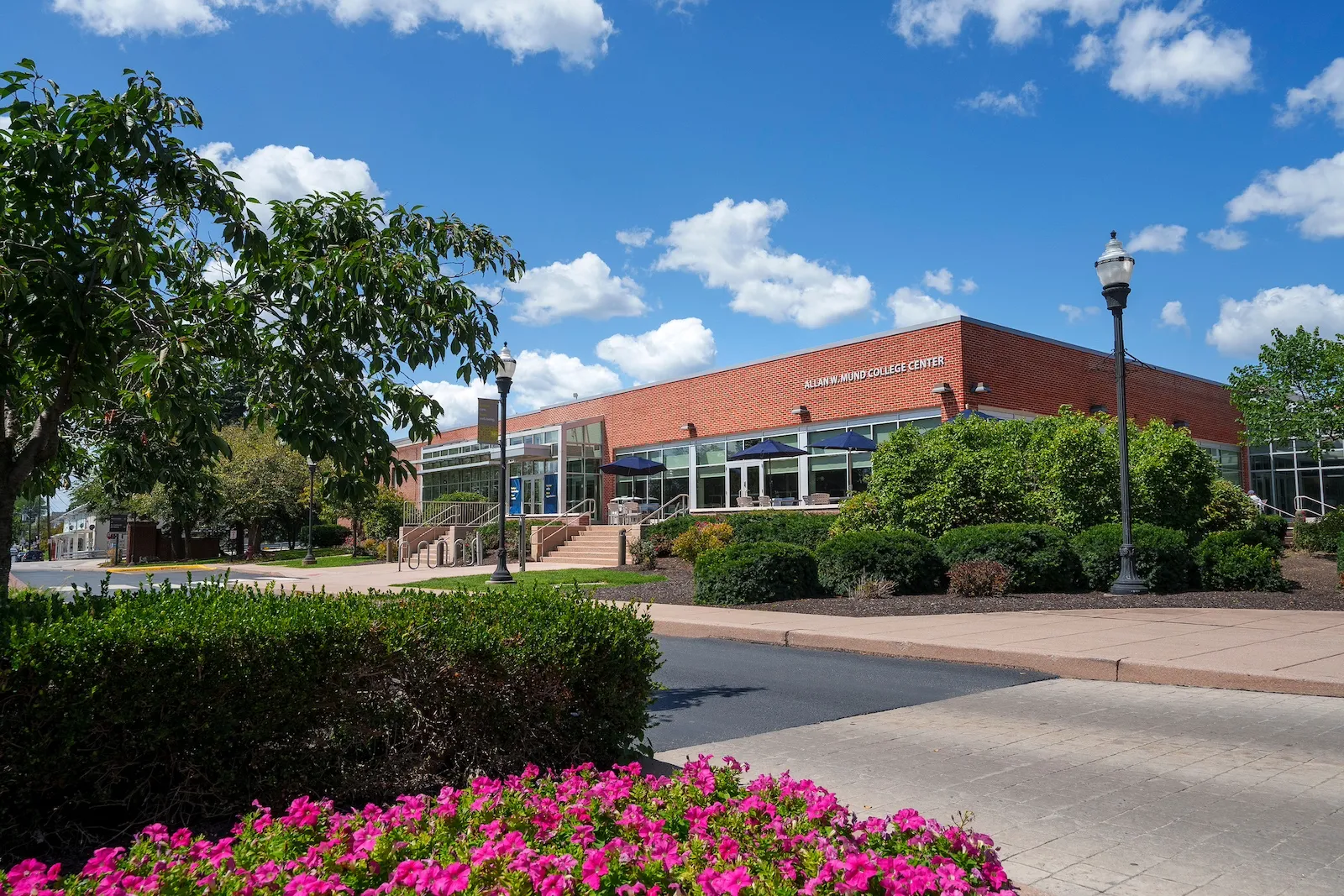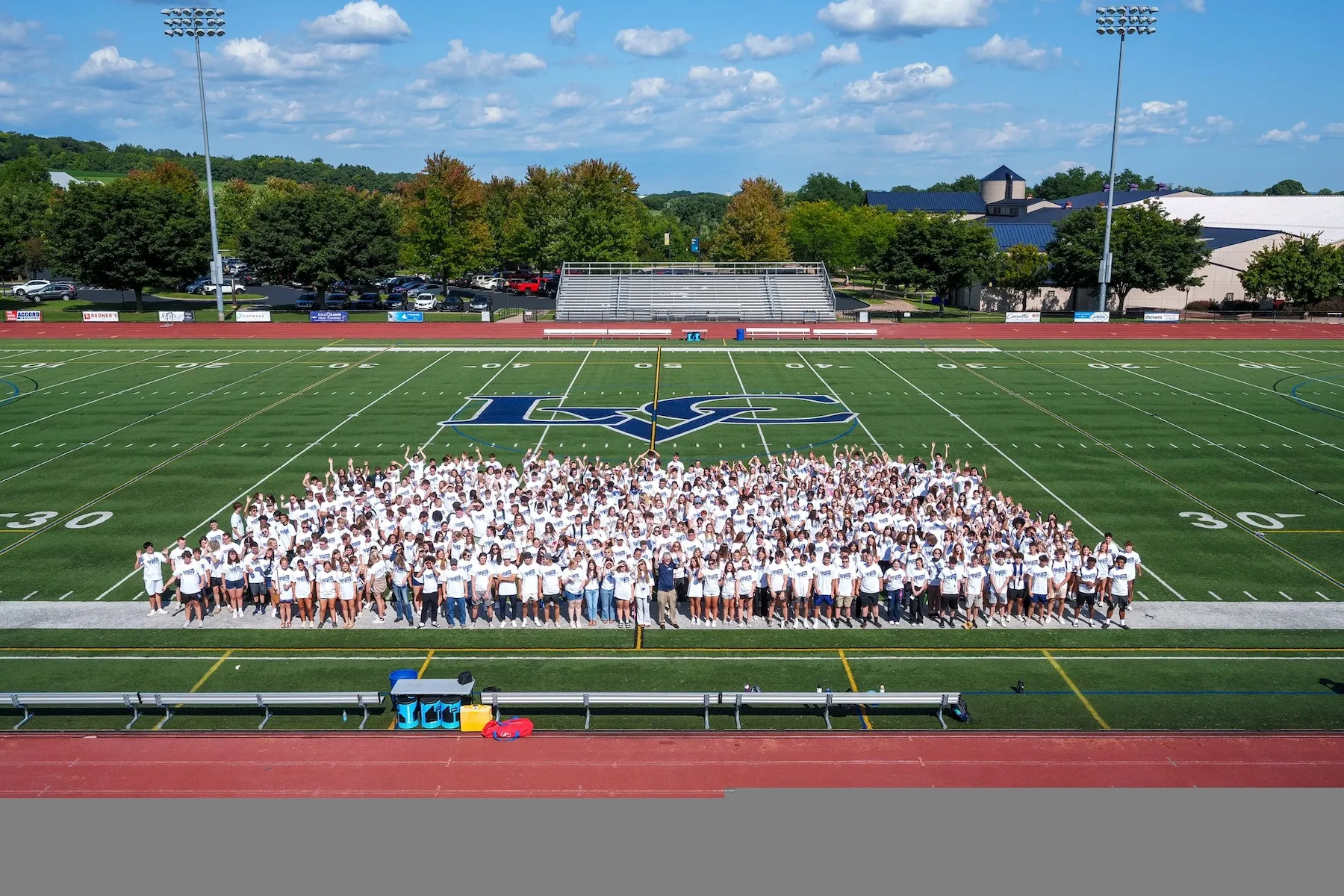
LVC News
- Accounting
- Accounting/MBA 3+1
- Actuarial Science
- Allwein Scholars
- Alumni Profiles
- Applied Kinesiology
- Athletic Training
- Athletics
- Audio Music Production
- Awards
- Biochemistry & Molecular Biology
- Biology
- Breen Center
- Business Administration
- Campus
- Chemistry
- Clinical Exercise Physiology
- Clinical Mental Health Counseling
- Community Service
- Computer Science
- Creative Arts
- Creative Writing
- Criminal Justice
- Data Science
- Digital Media
- Economics
- Education
- Engineering
- English
- Environmental Science
- Esports
- Exercise Science
- Faculty Profiles
- Gallery
- German
- Giving
- Graduate Studies
- History
- Honors
- Intelligence and Security Studies
- Interaction Design
- International Business and Policy
- LVEP
- Marketing
- Mathematics
- MBA
- Medical Humanities
- Medical Laboratory Science
- Music
- Music Business
- Music Education
- Neuroscience
- Nursing
- Physical Therapy
- Physics
- Political Science
- Pre-Law
- Pre-Medical Professions
- Psychology
- Self-Designed
- Social Justice and Civic Engagement
- Sociology
- Spanish
- Speech-Language Pathology
- Sport Performance
- STEM Education
- Student Profiles
- Study Abroad
- Sustainability
- Transfer
- Undecided/Exploratory
James M. MacLaren Inaugurated as Lebanon Valley College’s President

This afternoon, Lebanon Valley College faculty, students, staff, trustees, and alumni celebrated the inauguration of Dr. James M. MacLaren as the institution’s 19th president in the Frederic K. Miller Chapel. Dr. Rebecca Mark, director of the Women’s Leadership University and professor in the Department of Women’s Gender and Sexuality Studies at Rutgers University, was the keynote speaker.
Dr. Mark previously worked with Dr. MacLaren at Tulane University in New Orleans, where he served for 28 years, rising through the faculty ranks to become chair of the Department of Physics, associate provost, and then acting dean of the liberal arts and sciences faculty.
Dr. MacLaren, who arrived at LVC in July 2020 after working with former President Lewis Thayne on COVID response and planning during the spring 2020 semester, noted three principles that define his leadership style during his inauguration speech.
First, Always value the importance of people and community. “An organization that values trust and grace is on course to achieve its vision. LVC has this ethos.” Second, In times of duress, the need to care for oneself and care for each other takes on great significance. “As LVC’s leader, I will ensure that resources, programs, and policies are in place to support wellness and well-being—from psychological and physical health to student financial education to employee support and investment.” Lastly, Out of crisis, seek opportunity. “When unexpected, dark times occur, they force us to reevaluate everything…Now is the time for hope, vision, and imagination. Now we will plan for better days and better ways of being.”
During the ceremony, Dr. MacLaren was officially welcomed to the LVC community by Jen Liedtka ’92, M’00 (service and volunteerism coordinator), Dr. Monica Cowart (provost and vice president of academic affairs), Elyse Rogers, Esq., ’76 (chair of the Board of Trustees), Dr. Joel Kline (professor of design, media, and technology and chair of the Faculty Steering Committee), Julia Resele ’22 (president of Student Government), Sue Jones ’92 (director of alumni and family engagement), Bob Johns ’75 (chair of the Leadership Council), Dr. Felicia Brown-Haywood (associate vice president of diversity, equity, inclusion, and institutional success), and Dr. Carroll Missimer ’76, ’79 (chair of the Presidential Search Committee).
Grady Daub ’24, organist, and the LVC Brass Quartet—Aly Richards ’22 (trumpet), Tyler Chabitnoy ’22 (trumpet), Emerson Spahr ’25 (trombone), and Caleb Shunk ’24 (bass trombone)—performed “Maestoso” and “Con Moto” from “Music for the Royal Fireworks” during the processional. Dr. Justin Morell, associate professor of music, composed “Inauguration Fanfare, for Brass Quintet,” which he performed with Richards (trumpet), Chabitnoy (trumpet), Jessica Kroboth ’22, D’24 (horn), Spahr (euphonium), and Shunk (tuba).
Dr. Holly Wendt, associate professor of English and director of creative writing, closed out the speaking portion of the ceremony reading her inaugural poem, “Five Sonnets on Dreaming,” that she created for the inauguration. The LVC Chamber Choir—Petra Castellano ’22, Ashlyn Frederick ’22, Julia Kelbaugh ’23, Aimee Bealer ’23, Jonathan Bellarmino ’22, Andrew Surotchak ’24, Thomas Stankard ’23, and Jordan Stum ’24—sang “Finale” from Louis Verne’s “Symphony I” during the recessional. Jacqueline Wilson ’24 (organ) accompanied the choir.
About Dr. MacLaren
Dr. James M. MacLaren, an award-winning physicist and passionate advocate for student success, became Lebanon Valley College’s 19th president in July 2020.
Despite the vast challenges of the pandemic, the LVC community achieved many milestones during MacLaren’s first 15 months, including enrolling the largest-ever first-year class and expanding graduate and professional studies enrollment. Academic affairs launched a new Bachelor of Nursing Program, a Master of Science in Intelligence and Security Studies, and certificates in Trauma-Informed Counseling, Sport Enhancement, and several education certificates. Recently, MacLaren created a centralized organizational framework for diversity, equity, and inclusion efforts and named Dr. Felicia Brown-Haywood as LVC’s first associate vice president of diversity, equity, inclusion, and institutional success—a cabinet-level position. All the while, he led a COVID-19 pandemic response to keep campus open and classes in person. In March of 2021, University Business published his op-ed, “Hurricane Katrina taught us to be nimble and hopeful, and we need that resilience now.”
MacLaren has initiated a collaborative strategic planning process to identify the College’s priorities for the next three to five years and establish a vision of becoming the regional leader in higher education, known for offering high-quality academic and co-curricular programs in a personalized, inclusive environment that emphasizes career success and personal well-being. Upon its approval by the faculty and board of trustees, Imagine LVC will provide a unifying mission and values with concrete action steps for LVC to thrive in the future.
President MacLaren and his wife, Gina, who was born in Memphis but lived most of her life in New Orleans, have been married for 27 years. Emily and Meg, their two oldest daughters, are graduates of Tulane University. Their youngest, Caroline, is a junior at Villanova University. The family lives on campus in the historic Kreiderheim.
Before Lebanon Valley College
President MacLaren arrived at LVC after serving as provost of St. Xavier University in Chicago, Ill. At St. Xavier, a Hispanic-serving Catholic university, MacLaren oversaw the academic enterprise, including the College of Arts and Sciences, the Graham School of Management, and the School of Nursing and Health Sciences, as well as graduate admission, instructional design and technology, the library, and summer programs. He led the university in securing the largest federal award to St. Xavier, a $3 million Title V grant from the United States Department of Education to increase first-year retention and graduation rates.
Born in London, MacLaren earned a bachelor’s and master of arts in natural sciences from Churchill College at the University of Cambridge, U.K. He went on to study the electronic properties of catalyst surfaces at Imperial College, London, earning a Ph.D. in condensed matter physics. His research focused on the electronic structure of materials, particularly layered magnetic materials. His collaborative work demonstrated that spin-dependent tunneling between two epitaxial layers of iron separated by magnesium oxide could lead to a remarkably sensitive read head for magnetic hard drives. The United States Department of Energy recognized that work with an Outstanding Scientific Accomplishment in Metallurgy and Ceramics Award in 1995. MacLaren has published a combined 150 peer-reviewed articles, reviews, and books and presented 22 invited papers at national and international conferences. As a professor, he regularly collaborated with undergraduate and graduate student researchers.
He began his academic career at Tulane University in New Orleans, where he worked for 28 years, rising through the faculty ranks to become chair of the Department of Physics, associate provost, and then acting dean of the liberal arts and sciences faculty. He created the Tulane Interdisciplinary Experience Semester (TIDES), a signature of the Tulane First-Year Experience that brings together small groups of students and faculty to explore academics and the city of New Orleans from multiple academic perspectives.
After Hurricane Katrina struck in August 2005, MacLaren collaborated remotely with his colleagues to develop and implement the Renewal Plan, a roadmap for Tulane to reopen and rebuild. He was appointed the founding dean of Newcomb-Tulane College, which united students in those schools offering undergraduate programs to form a holistic experience key to the university’s recovery. During his 12 years leading the college, retention rates increased significantly.
As dean of Newcomb-Tulane, MacLaren established the Center for Academic Equity to support traditionally underrepresented and first-generation students. He also integrated academic and career advising, introduced career development courses into the curriculum, and developed professional development opportunities for students on campus and in many major U.S. cities.
MacLaren exceeded fundraising targets each year, setting a record in 2015–16 of more than $7.8 million in gifts and pledges. He also obtained funding for scholarships and diversity initiatives such as POSSE and College Track.
Because of these efforts, Newcomb-Tulane College’s first- to second-year retention rates increased from 86 to 93 percent and contributed to Tulane’s rise in U.S. News & World Report rankings. The number of applicants and winners of national fellowships and scholarships also increased, and Tulane was recognized as a Fulbright Top Producer by the Chronicle of Higher Education twice in three years.
In 2013, MacLaren donated a kidney to a stranger through a “closed exchange” at Tulane, making it possible for Gina to receive a transplant from a different donor. The MacLarens participate in efforts to support and promote awareness of kidney health and transplants.
MacLaren was appointed provost at St. Xavier in 2018. There, he transitioned most graduate programs to online formats; added new graduate programs in medical sciences, health sciences, and human sports performance; proposed a new adult degree-completion program in law enforcement and administration; and redesigned the MBA curriculum, which resulted in a 50 percent growth in summer credit hours. He also guided the redesign of general and developmental education to improve student success and retention.
MacLaren received the Tulane University Award for Excellence in Undergraduate Teaching in 1999. Tulane recognized MacLaren as an Honorary Alumnus in 2015 and named the James M. MacLaren classroom and MacLaren Garden at Mussafer Hall, the home of academic support services, in his honor. In 2018, donors MacLaren had worked with as dean of Newcomb-Tulane College established an endowed fund for an early career professorship in his name in the Tulane University Physics Department.




